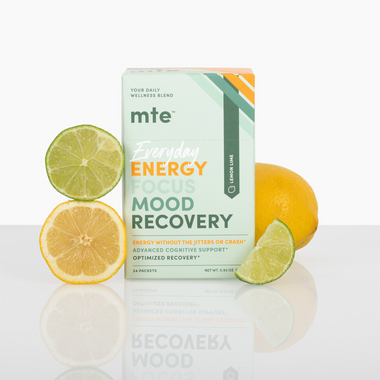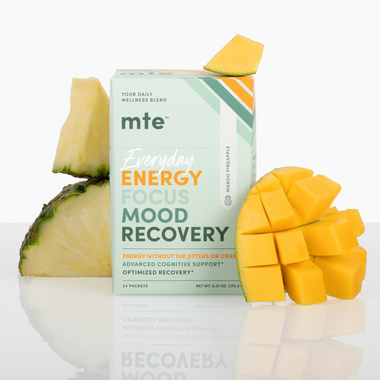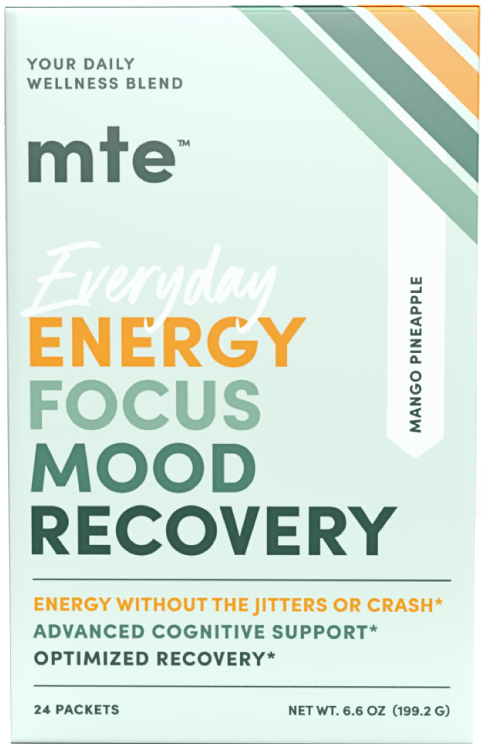
The Best (& Worst) Times of Day to Get Your Workouts In
Is anyone else just completely overwhelmed by FitTok, Insta fitness influencers and YouTube trainers? They have knowledge to offer, sure, but there are so many conflicting points of view coming at you, coupled with questionable credentials from account to account, what’s fact vs fiction isn’t always easy to figure out.
Working a workout into your day is already a stretch for most of us – we’re busy. But then you have people telling you the only time of day that’s good to exercise is 6am, but you work the night shift. Or that the most benefits come from exercising at 6pm, but you’ve got kids to feed. What is the best time of day to work fitness in? Does it really matter at all?
Timing Your Workout Right: The Reasons Behind Recommendations
Let’s look at the conflicting claims and the reasons behind each of them:
Morning Workouts: Why & Why Not
Reasons people recommend working out in the morning are:
- It’s easier to be consistent because there’s no time to make excuses. People who exercise in the morning tend to have a more consistent fitness routine.
- It can boost your mood, productivity and energy throughout the day because you’re starting your day with the release of feel-good chemicals and a revved up metabolism.
- Working out in the morning might burn more fat and has a longer afterburn because your body doesn’t have any food to use for energy.
- Morning workouts can train your body to be more alert in the morning, which can shift your circadian rhythm and help your sleep cycle.
- Working out in the morning tends to result in more movement and activity throughout the day, further supporting health and wellness.
- Much of the science that supports morning as the best time to work out focuses on our morning hormonal profile, which is predisposed to be ready for an active mind and body.
Possible downs to being active right when you get up include:
- Warming up takes longer (literally). You haven’t moved all night and your core body temperature is lowered. Beginning an intense workout may leave you more susceptible to injury without a proper warmup.
- You can mess with your sleep schedule. Drastically shifting your morning routine can lead to your alarm interrupting slow-wave sleep, which is bad for your sleep/wake cycle and how you feel throughout the day.
Afternoon Workouts: Why & Why Not
Reasons people recommend working out in the afternoon are:
- Your body is set for peak power in the middle of the afternoon, when your core body temperature is highest. This can make your workouts more efficient and effective.
- Because you’ve had a chance to be up and around, as well as a bit of food, your body will take less time to warm up and you’ll have the energy to push hard during the workout.
- Exercising in the middle of the day can help you get over the afternoon slump. Exercise releases neurochemicals and hormones associated with positive mood, alertness, reaction time, and sustained energy.
- Taking a break to head to the gym in the middle of the day can help relieve stress and clear your mind.
- Midday is the best time for outdoor activities!
Cons to cramming a workout into the middle of your day include:
- This is probably the most difficult one to fit into a schedule, as most people have jobs that make them unable to leave for an hour+ in the middle of the day.
- Choosing to work out in the afternoon also brings problems with consistency, as things tend to pop up – especially if you’re dealing with a full household.
- Dealing with showering and changing to get into and back out of gym clothes before your work break is over limits how long you can exercise for.
Evening Workouts: Why & Why Not
Reasons people recommend working out in the evening are:
- People who exercise in the evening tend to take longer to reach full exhaustion than people who exercise in the morning.
- Muscle strength and flexibility are best in the evening, making it one of the safest and most effective times of day for heavy lifting.
- Working out after work can help you avoid or replace unhealthy habits like too much TV or eating junk food.
- Nighttime workouts can lower levels of a hormone associated with hunger, which can make it easier to avoid those treat-yourself moments post-gym.
- Exercising at night doesn’t necessarily mess with your sleep, and it looks like low-intensity practices like yoga and pilates might actually improve sleep.
- Hitting the gym after work can help you get out of the office mindset and take a mental beat before going home, which can help with stress and mood.
Possible disadvantages to choosing exercise in the evening include:
- While lower-intensity workouts at night may actually support sleep health, intense exercise in the evening can make it hard to sleep well, because the chemical effects of exercise fight the chemical processes associated with winding down for the night.
- Waiting to exercise until the evening gives you ample time to justify not going because you’re tired, busy, not feeling it, etc, which can hamper your ability to stay consistent.
Other Things to Consider About When to Workout
There are more important things to think about when creating a consistent exercise schedule than what people are saying on your social media algorithms:
- Your chronotype matters. If you’re a night owl, don’t get up at 5am to head to the gym. You’ll end up fatigued, sleep-deprived and more likely to binge eat.
- What time of day do you feel most amped? Filling that time with our workout will make it more fun and you’ll do it more effectively.
- Identify your goals. For instance, if your main goal is to lose weight, fasted cardio in the morning before you eat might be the best choice.
- Be compassionate with yourself. Listen to your body. Prioritize sleep. Stretch. Experiment with your schedule to find out when feels best to you. Be consistent, but be realistic about days when something happens that prevents you from exercising – it happens.
At the end of the day, simply working a workout in by the end of the day is all it takes. Fitness is fitness. And we’re busy! Create a healthy schedule for you and stick to it – who cares what Instagram thinks it should look like.
On your fitness journey, MTE can help support your best efforts as well as your circadian rhythm. That means more energy during the day, better recovery at night, and more motivation to get sh*t done. Peep the details on this natural alternative to energy drinks: MTE – The Feel-Good Drink.






